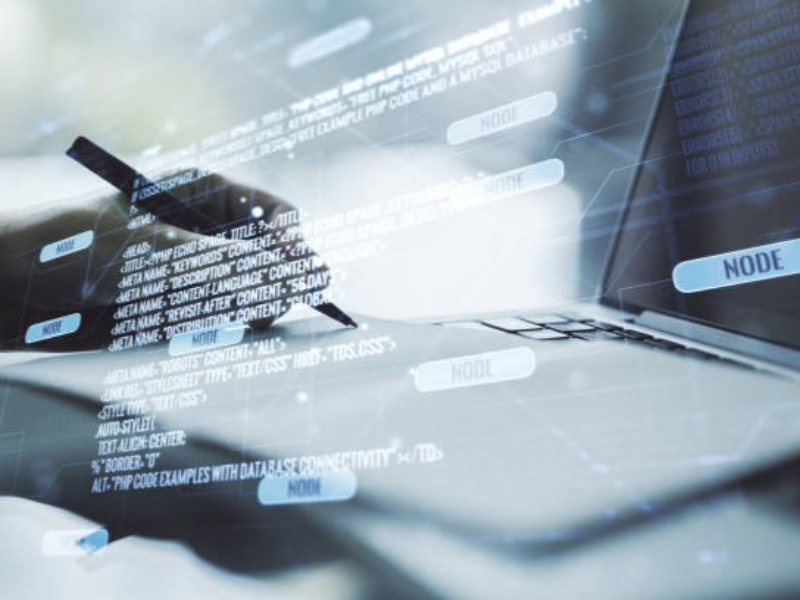- According to a study by the University of Reading, AI-generated exam answers often outperform real student submissions.
- In China, an AI model performed well on language subjects in national exams but struggled with math, highlighting the limitations of AI in understanding nuanced language and abstract reasoning.
OUR TAKE
A recent study shows AI outperforms real students in exams, exposing flaws in traditional assessment methods. While AI excels in language, it struggles with math and abstract reasoning. This highlights the need for educators to rethink assessment strategies and adapt to an AI-influenced world to maintain educational integrity.
–Jasmine Zhang, BTW reporter
What happened
A recent study from the University of Reading revealed that AI-generated exam answers often outperform real student submissions, raising significant concerns for educational integrity.
Researchers used AI tool ChatGPT to create fictitious student responses for an undergraduate psychology degree, finding these AI essays were nearly undetectable, with only 6% raising suspicions. This discovery underscores the potential for undetected cheating and calls for urgent reforms in assessment methods.
Similar concerns were echoed in China, where an AI model was evaluated on national college entrance exams. While the AI performed well in Chinese and English, it struggled with math, producing confusing and misleading responses. This highlights the limitations of AI in understanding nuanced language and abstract reasoning.
The two studies were similar, but the results were different. This may be due to differences in the two countries’ education systems, the level of artificial intelligence, and the types of examinations taken.
Both studies reflect the need for educational institutions worldwide to adapt to the growing influence of AI, ensuring fair and robust assessment systems that can detect and mitigate AI-assisted cheating.
Also read: Manufacturers delay Gen AI rollout due to accuracy fears
Also read: SG minister calls for AI framework to avoid ‘chaotic’ future
Why it’s important
The recent study revealing that AI can outperform real students in university exams is a wake-up call for the entire educational system. It’s not just about academic dishonesty. It’s about the future of education.
AI’s ability to generate nearly undetectable, high-scoring exam answers exposes a flaw in our assessment methods. Are we truly measuring a student’s knowledge, or are we inadvertently grading their tech savvy?
Moreover, China’s AI high school exam results showed that while AI excels in language, it falters in math and abstract reasoning.
This duality highlights both the potential and the limitations of AI in education. The time has come for educators to rethink traditional assessment methods and adapt to an AI-influenced world. Perhaps a more abstract assessment will be more appropriate for the future.
Embracing AI’s capabilities, while ensuring robust systems to detect and prevent misuse, will be crucial. The integrity of education is at stake, and how we respond will shape the future of learning.

